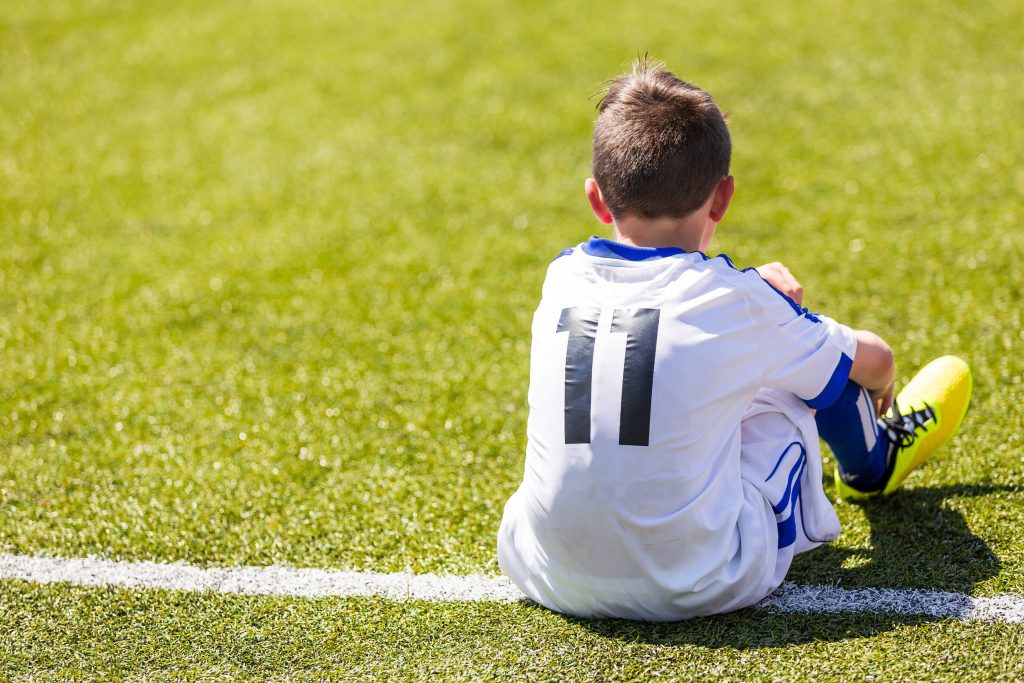Confidence doesn’t always come from grand speeches or big wins. Sometimes, the smallest words spoken at the right moment make the biggest impact. As parents, what we say daily becomes the inner voice our kids carry with them into the world. The phrases we repeat have the power to encourage, uplift, and shape how children see themselves. Here are eight simple yet powerful phrases that consistently build big confidence in kids—without requiring a single pep talk.
1. “I love watching you try.”
This phrase shifts the focus from outcomes to effort, which is key to building resilience. Instead of praising only success, it celebrates the process—whether your child is learning to read, trying to ride a bike, or drawing a wonky dinosaur. When kids hear this, they know they’re valued for showing up, not just for getting things right. It helps them take risks without the fear of failure. Over time, that’s exactly what helps build big confidence in kids.
2. “You make good choices.”
This phrase reinforces trust in your child’s ability to think and act responsibly. Even when they don’t always get it right, reminding them of the good decisions they have made boosts their self-image. Saying this can also help guide behavior positively—kids are more likely to act in ways that align with how they’re seen. It subtly encourages accountability without shaming. Believing they are capable of making smart choices gives kids confidence in their judgment.
3. “I’m proud of how you handled that.”
Instead of focusing on the result, this phrase acknowledges your child’s emotional response or problem-solving in a situation. Maybe they shared a toy without prompting, apologized after an argument, or tried again after a tough moment. Highlighting these little wins teaches them that confidence isn’t just about achievement—it’s also about character. This builds a sense of internal pride that sticks. Consistently recognizing behavior in this way helps build big confidence in kids from the inside out.
4. “You worked really hard on that.”
Hard work deserves just as much praise as talent or intelligence. This phrase emphasizes effort, which fosters a growth mindset and encourages perseverance. It tells your child that you notice the time and dedication they put into something, even if it didn’t turn out perfectly. This kind of recognition builds motivation and resilience. Knowing that effort is valued gives kids permission to keep trying without fear of disappointing you.
5. “It’s okay to feel that way.”
Confidence doesn’t mean never being afraid or upset—it means knowing that those emotions are normal and manageable. When kids feel accepted in their big feelings, they learn not to fear or hide them. This phrase shows empathy and gives them permission to be vulnerable without judgment. Emotional validation is a powerful foundation for self-esteem. Teaching kids that their emotions are safe and accepted is another way to build big confidence in kids.
6. “I believe in you.”
This one may be short, but it packs a serious punch. Knowing someone truly believes in their abilities—even when they’re unsure—gives kids the strength to try again. It creates a sense of support they carry with them into new and unfamiliar challenges. You can say this before a test, at the start of a soccer game, or right before a tough conversation. Feeling backed by your belief can fuel their own.
7. “You’re learning something new.”
When kids struggle with a new skill, it’s easy for them to label themselves as bad at it. This phrase reframes the frustration into something positive and hopeful. Instead of saying “I can’t,” they begin to think, “I’m learning.” That small shift helps them embrace challenges rather than fear them. Encouraging this mindset is a key way to build big confidence in kids as they grow.
8. “I’m so lucky to be your parent.”
This phrase reminds your child that your love and pride aren’t conditional on behavior, grades, or accomplishments. It reinforces their value simply for being who they are. Saying this builds a deep sense of belonging and emotional security, both of which are essential to confidence. When kids feel secure in your love, they take more emotional risks, try new things, and recover from setbacks more easily. That feeling of being cherished is one of the greatest confidence boosters of all.
Confidence Grows One Word at a Time
You don’t have to give big lectures or lead grand adventures to build big confidence in kids. Often, the smallest phrases—repeated with intention—do the heaviest lifting. When you speak to your child with encouragement, belief, and love, you’re shaping the voice they’ll use to speak to themselves. It takes only a few thoughtful words to plant lifelong seeds of confidence.
What tiny phrase has made a big impact in your home? Share your favorites in the comments!
Read More:
7 Crushing Comments That Can Wreck a Kid’s Confidence
8 Times You Should Let Your Child Struggle (Yes, Really)
Catherine is a tech-savvy writer who has focused on the personal finance space for more than eight years. She has a Bachelor’s in Information Technology and enjoys showcasing how tech can simplify everyday personal finance tasks like budgeting, spending tracking, and planning for the future. Additionally, she’s explored the ins and outs of the world of side hustles and loves to share what she’s learned along the way. When she’s not working, you can find her relaxing at home in the Pacific Northwest with her two cats or enjoying a cup of coffee at her neighborhood cafe.










